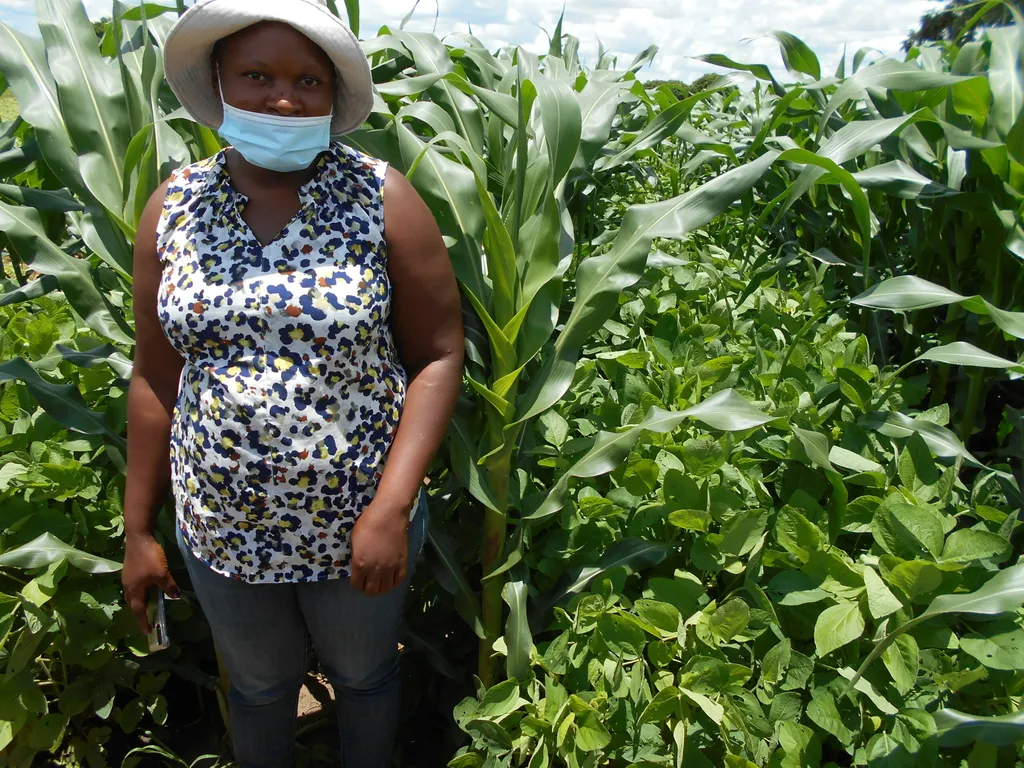In the heart of Zambia, a quiet revolution is taking root, one that could reshape the future of smallholder farming and poverty alleviation. A recent study led by Shangao Wang from the School of Management at Nanjing University of Posts and Telecommunications in China, published in the journal *Frontiers in Sustainable Food Systems* (which translates to *Frontiers in Sustainable Agricultural Systems*), has shed light on the transformative power of women’s participation in financial inclusion programs and its impact on economic efficiency in maize production.
The study, which analyzed data from 436 farm households, revealed that women’s participation (WP) in Rural Savings and Credit Cooperatives (RUSACCOs) significantly enhances economic efficiency (EE). “Households without women’s participation could improve cost efficiency by 21%, potentially reducing extreme poverty by 8%,” Wang noted. This finding underscores the critical role that women play in agricultural productivity and poverty alleviation.
The research also identified agricultural informatization (AgI) as a compelling mediating mechanism. By empowering women and optimizing labor-land allocation, AgI amplifies the efficiency gains associated with women’s participation. “Agricultural informatization acts as a catalyst, enhancing the benefits of women’s involvement in financial inclusion programs,” Wang explained.
The implications of this study are far-reaching. For the energy sector, which is increasingly focused on sustainable and efficient agricultural practices, these findings highlight the importance of integrating financial inclusion programs with agricultural informatization support. By doing so, the agricultural value chain can be strengthened, supporting broader socio-economic development goals.
“This research underscores the transformative potential of informal financial inclusion initiatives that are gender-inclusive,” Wang said. “It’s not just about economic efficiency; it’s about empowering women and creating a more sustainable future.”
As the world grapples with the challenges of poverty, hunger, and gender inequality, this study offers a beacon of hope. By leveraging the power of financial inclusion and agricultural informatization, we can create a more equitable and sustainable future for smallholder farmers, particularly women. The findings suggest that future developments in the field should focus on integrating these elements to maximize their impact.
In the words of Shangao Wang, “The future of agriculture lies in empowering women and harnessing the power of technology. Together, we can create a more sustainable and equitable world.”

